-
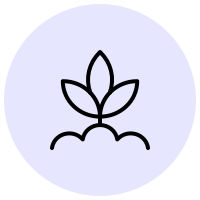
Organic farming
-
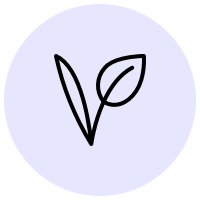
Vegan friendly
-

Hand crafted
-

Ambient yeast
-
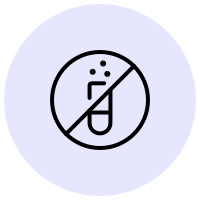
No chemicals
The Wine: Slatnik 2021
Radikon Slatnik is a skin-contact natural wine - orange wine - made from a blend of 80% Chardonnay, and 20% Tocai farmed biodynamically in Friuli-Venezia Giulia, Northern Italy. No additions, 3 weeks on the skins, no sulfites added. Another absolute masterpiece by one of the masters of skin contact.
The Producer: Radikon
The late Stanko Radikon, a true icon of the renaissance of natural wines and orange wines, once said:
“I sent my son Sasa to get a degree in winemaking so that he’d do exactly what not to do”.
As hyperbolic and paradoxical as this sentence might sound, it points straight to the amber-hued core of Radikon’s heartfelt and visionary philosophy on natural wine. Far from rejecting scientific knowledge, Stanko always believed that it should be used as a tool to better understand the processes involved in making wine.
Radikon’s seemingly sudden departure from the then far more lucrative and almost risk-free conventional winemaking came about when, around the early nineties, Stanko began feeling that his wines no longer reflected his spirit and terroir. Stanko found his wines lacking in vibrancy and character, always identical in each vintage and to other wines. In particular, he felt that his Ribolla grapes' rich and complex taste didn't translate in his wines.
Not coincidentally, it was around this time that he and other like-minded vignerons began to coalesce around the figure of Josko Gravner. Stanko, soul-searching, looked back to Friuli-Venezia Giulia's heritage and tradition, hinged as it was on natural viticulture, wild fermentations, long macerations, and no added sulfites. He too found his calling.
The results of this new/old approach blew him away. Stanko was humbled by the soul, complexity, and sheer power of the wines he was now making. Radikon’s wines have come to represent, in the course of the past twenty and more years, all that is vibrantly unique, unspeakably profound, and thrilling about natural wine, especially orange wine.
Radikon's farm, now run by Sasa, is located near the burg of Oslavia, in Friuli-Venezia Giulia's verdant Collio hills, steps away from the Slovenian border. Sasa grows Collio’s indigenous varieties – Ribolla and Friulano – as well as international ones like Chardonnay, Pinot Grigio, and Merlot. The soil is the typical “ponka” soil formed by stratified arenaries and marns.
Radikon's wines are unique, brimming with character and complexity. They have acquired a legendary status, and are also known for being incredibly age-worthy. As all true natural wine masterpieces, Radikon's wines are kaleidoscopically evolving from the moment a cork is popped until the very last sip.
The Region: Friuli-Venezia Giulia
Friuli Venezia Giulia has become in recent years one of the most important wine-producing regions in the world. Winemaking and viticulture have reached levels comparable to that of major European wine regions such as the Mosel in Germany and the Loire Valley in France.
Friuli Venezia Giulia's wine landscape is a mosaic of international and native grape varietals. Riesling, Sauvignon Blanc, Cabernet Sauvignon, Merlot are counterpointed by local heroes Pinot Grigio, Picolit, Friulano, Verduzzo, Ribolla Gialla, and Schioppettino.
Diversity is indeed the quintessential character of Friuli Venezia Giulia: a border region which throughout history has seen a commingling of peoples, cultures, and languages. Friuli Venezia Giulia's Italian, Austrian, and Slovenian influences are evident in architecture, literature, and of course winemaking and viticulture.
Friuli Venezia Giulia borders with Trentino-Alto Adige (north-west), Veneto (south-west), Austria (north), Slovenia (west) and gets its name from the merger of Friuli region and Venezia Giulia, a region encompassing parts of Italy, Croatia, and Slovenia. The capital of Friuli Venezia Giulia is the seaport city of Trieste, located near the border with Slovenia.
The Terroir of Friuli-Venezia Giulia
Friuli-Venezia Giulia displays a variety of microclimates, from the cold pre-alpine climate in the eastern part of the region, following the Julian Alps, to the Mediterranean climate characterizing the southern flatlands.
Wines from Friuli-Venezia Giulia are heavily influenced by the region's position, squeezed as it is between the Alps and the Adriatic sea. Freshness, good acidity, and finesse are some of their main characteristics.
Soil composition varies depending on the sub-region, but perhaps the most typical is represented by Marl and sandstone - also known as "flysch" or with the local term "Ponca", which is found in the Collio area.
The Red Wines of Friuli-Venezia Giulia
Friuli-Venezia Giulia red wine production is often obfuscated by its world-class white wine production. However, in Friuli-Venezia Giulia, along with native varietals such as Ribolla Nera and Schioppettino, we can find some of the best Italian expressions of red wines made from international varietals.
In recent years, more and more producers have been experimenting with Cabernet Sauvignon, Cabernet Franc, Merlot, and also Pinot Noir. The quality of Friuli-Venezia Giulia winemaking is so consistent across the board that international varietals give some of the best red wines made in the region.
The White Wines of Friuli-Venezia Giulia
Friuli-Venezia Giulia is regarded as one of the top wine producing regions for white wines not only in Italy but also worldwide. All three DOCGs are white wines - Ramandolo DOCG, Picolit DOCG, Rosazzo DOCG. Some of the best Sauvignon Blanc in the world is produced in the Collio wine region, near the city of Gorizia, on the border with Slovenia, and the Grave DOC appellation.
Furthermore, Friuli-Venezia Giulia, together with neighboring Slovenia, is the mecca for orange wine lovers. Some of the techniques pioneered by winemakers from Friuli-Venezia Giulia are extended maceration on the skins and the use of amphorae.
Frequently asked question
We will process and ship your order in 2-3 business days, you will receive a shipping confirmation email with tracking as soon as the Carrier scans the shipping label.
Ground shipping time depends on location, here's a breakdown:
West Coast: 1-2 business days
Midwest: 3-4 business days
East Coast: 5 business days
Process time is not shipping time. Shipping time starts from the days successive to the day of shipping, after the order has been processed.
See here our shipping policy.
Signature on delivery is mandatory for wine deliveries. Please make sure someone is at the shipping address to sign for the package.
If applicable, please consider delivering the package to a business address to ensure someone is available to sign for the package.
We also have the option of delivering the package to a Carrier's store for pickup. Please reach out to us to coordinate.
Carrier will try to delivery a package up to three times before returning the package to us.
See here our shipping policy.
If you miss a delivery and a package gets returned to us we have two options:
1) Reship the package right away: due to the very high cost of shipping and returns, we must charge a re-shipping fee to be determined based on package size and shipping destination.
2) Consolidate the returned package with your next order: this option is free of charge and it's the most popular option.
See here our shipping policy.
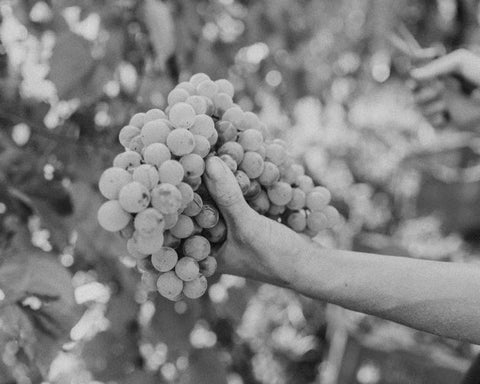
What is natural wine?
Natural wine is a type of wine made in small batches from hand-harvested organic or biodynamic grapes with minimal intervention in the cellar.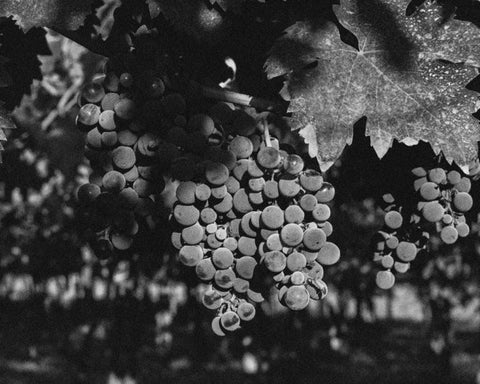
What is Biodynamics?
Biodynamic wine is wine made with grapes farmed biodynamically. Biodynamic farming is a holistic approach to farming.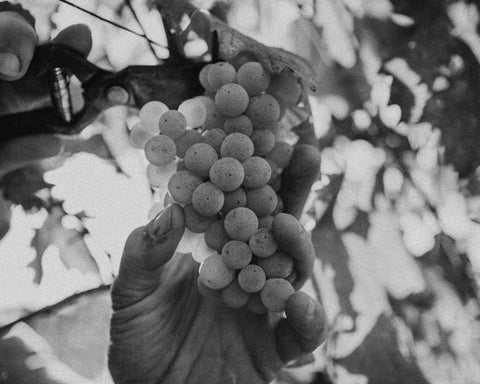
What is organic wine?
Organic wine is made with grapes farmed organically. Organic farming is a type of farming alternative to conventional farming.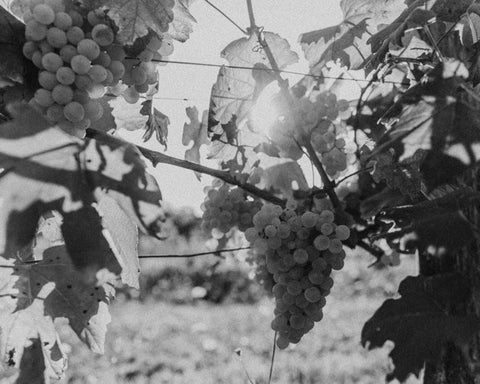

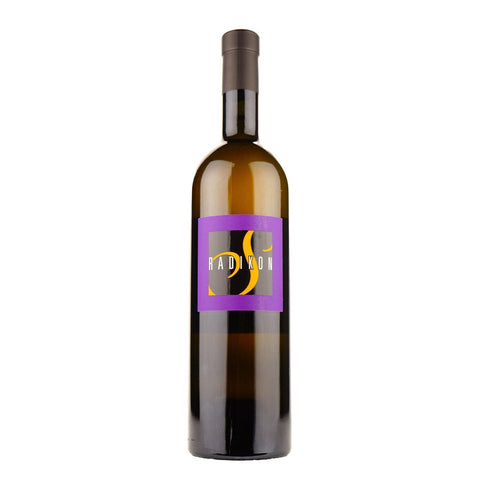
 Wine Details & Food Pairings
Wine Details & Food Pairings